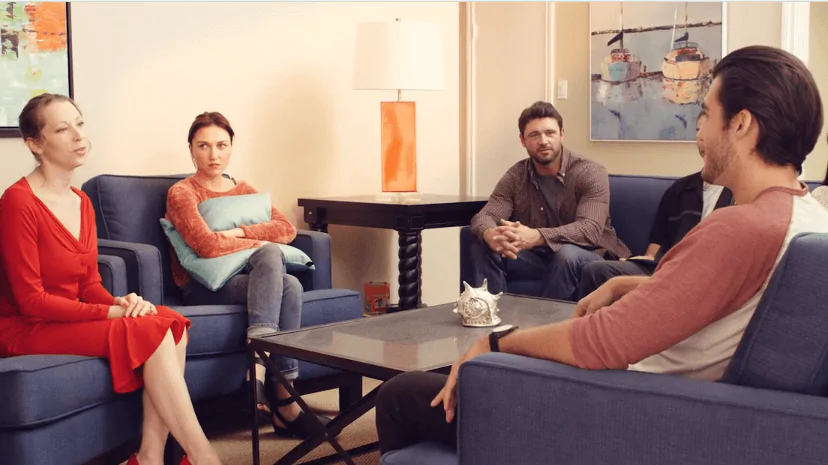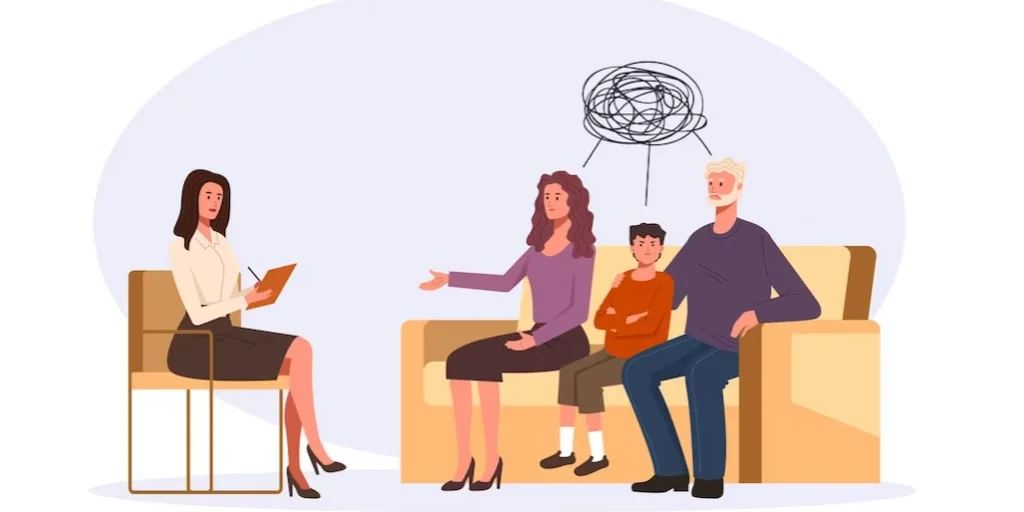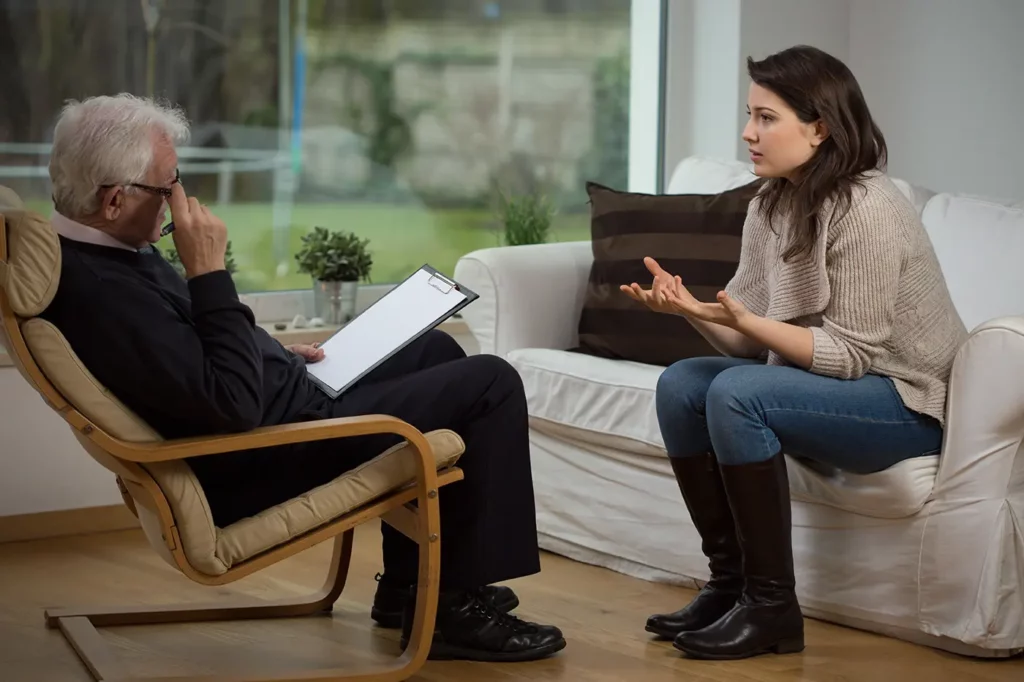24/7 Helpline:
(866) 899-221924/7 Helpline:
(866) 899-2219
Learn more about PTSD Treatment centers in Crested Butte

Other Insurance Options

Meritain

MHNNet Behavioral Health

WellCare Health Plans

Medical Mutual of Ohio

Anthem

Ceridian

Holman Group

Highmark

Magellan

Optum

Kaiser Permanente

Humana

EmblemHealth

Private insurance

MVP Healthcare

BlueShield

Cigna

Molina Healthcare

Ambetter

Optima



The Center for Mental Health
The Center for Mental Health is a non-profit organization and is governed by a board of directors re...

Teocalli Treatment Options
Teocalli Treatment Options offers outpatient treatmnet for individuals with alcohol and/or substance...






















The Center for Mental Health – Crystal Hall
The Center for Mental Health is a non-profit organization and is governed by a board of directors re...








































